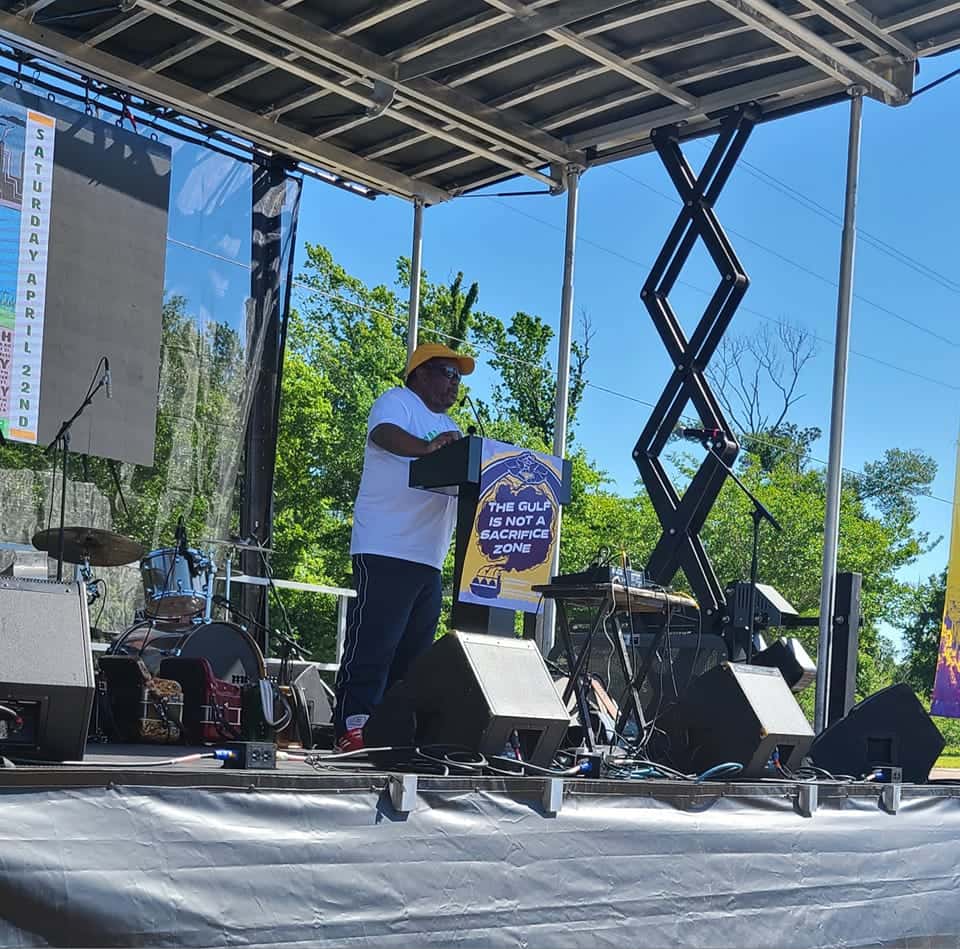
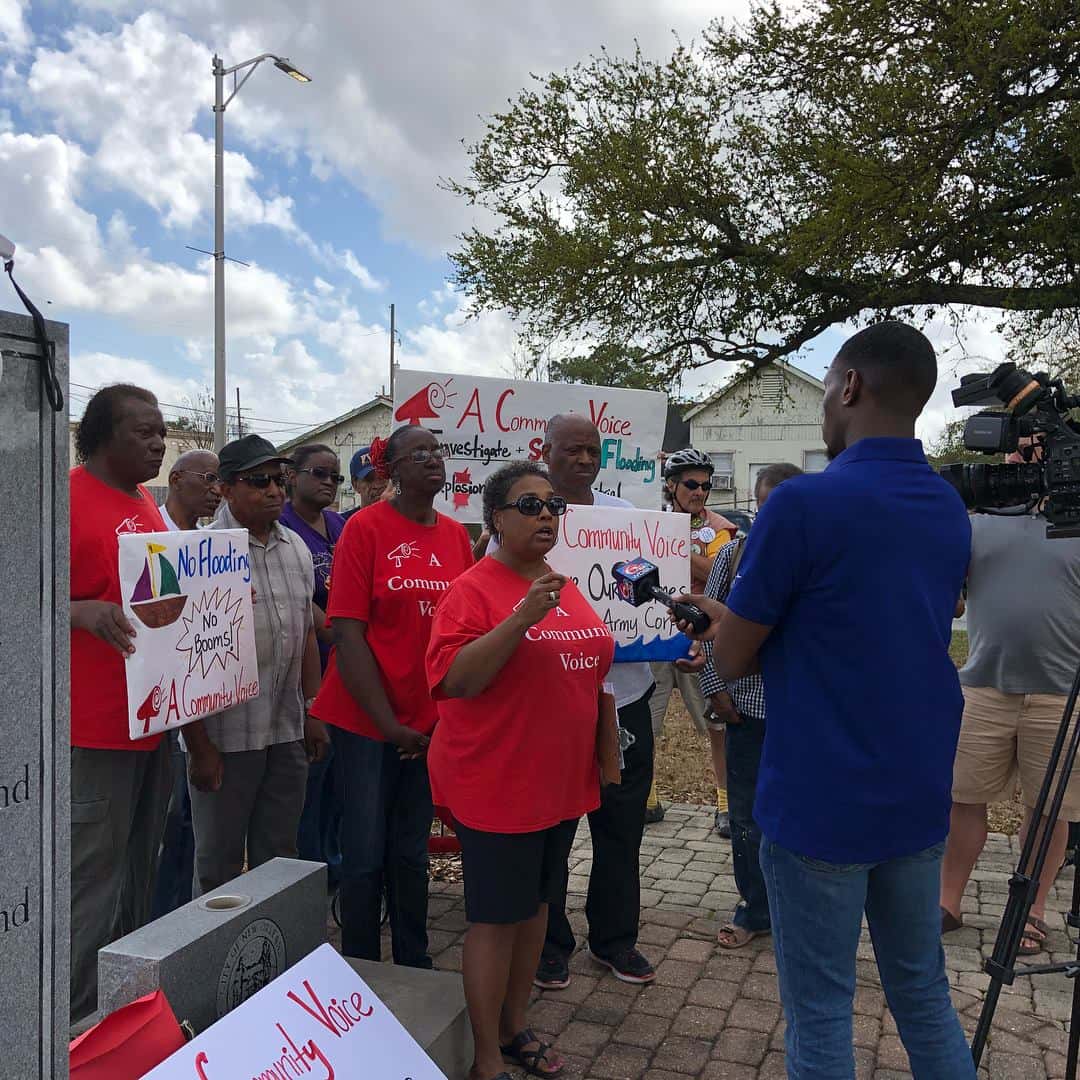
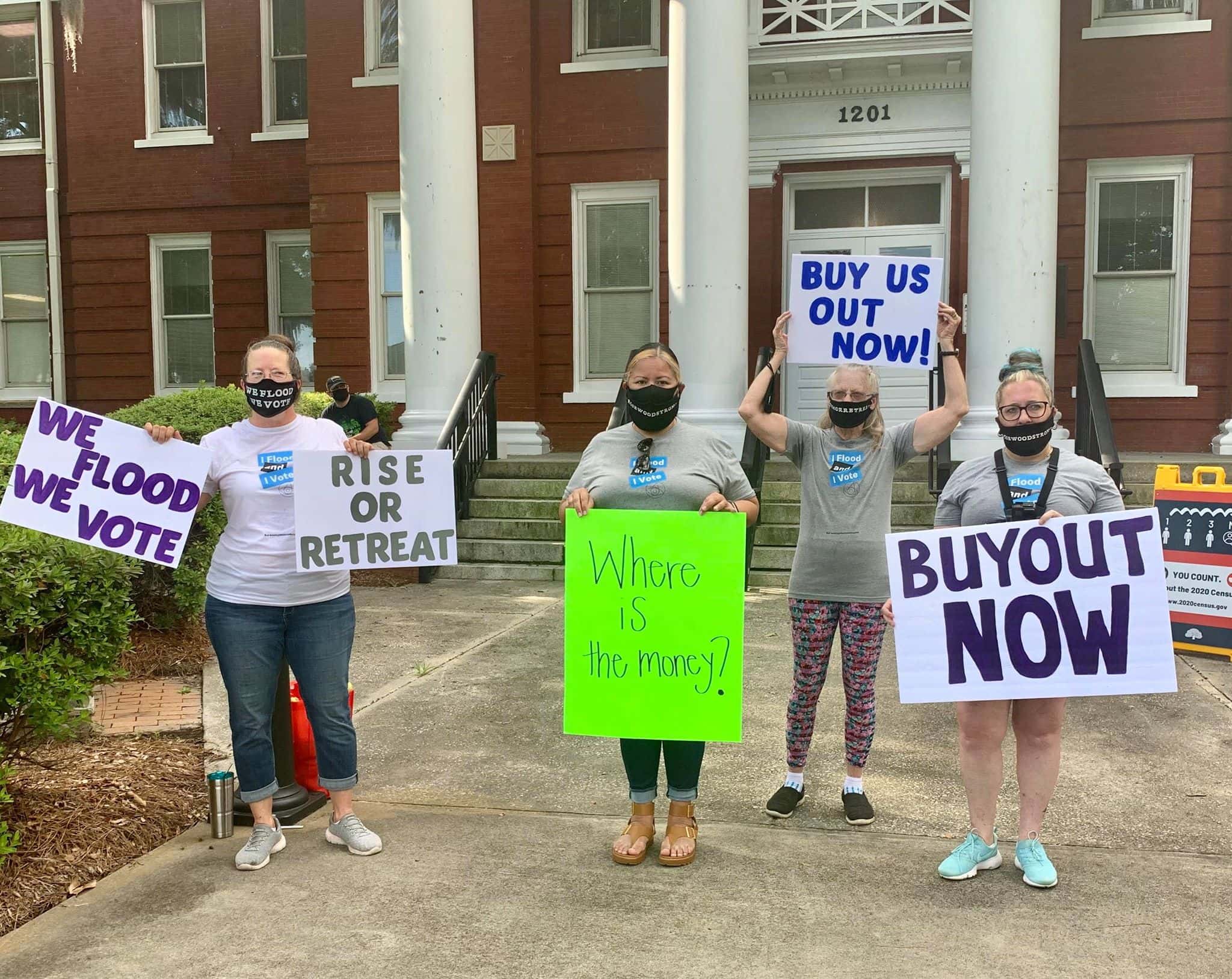
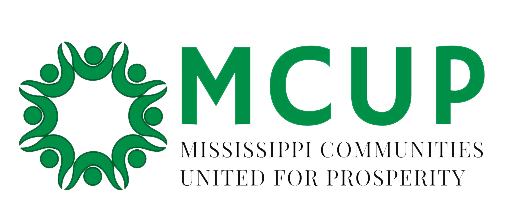
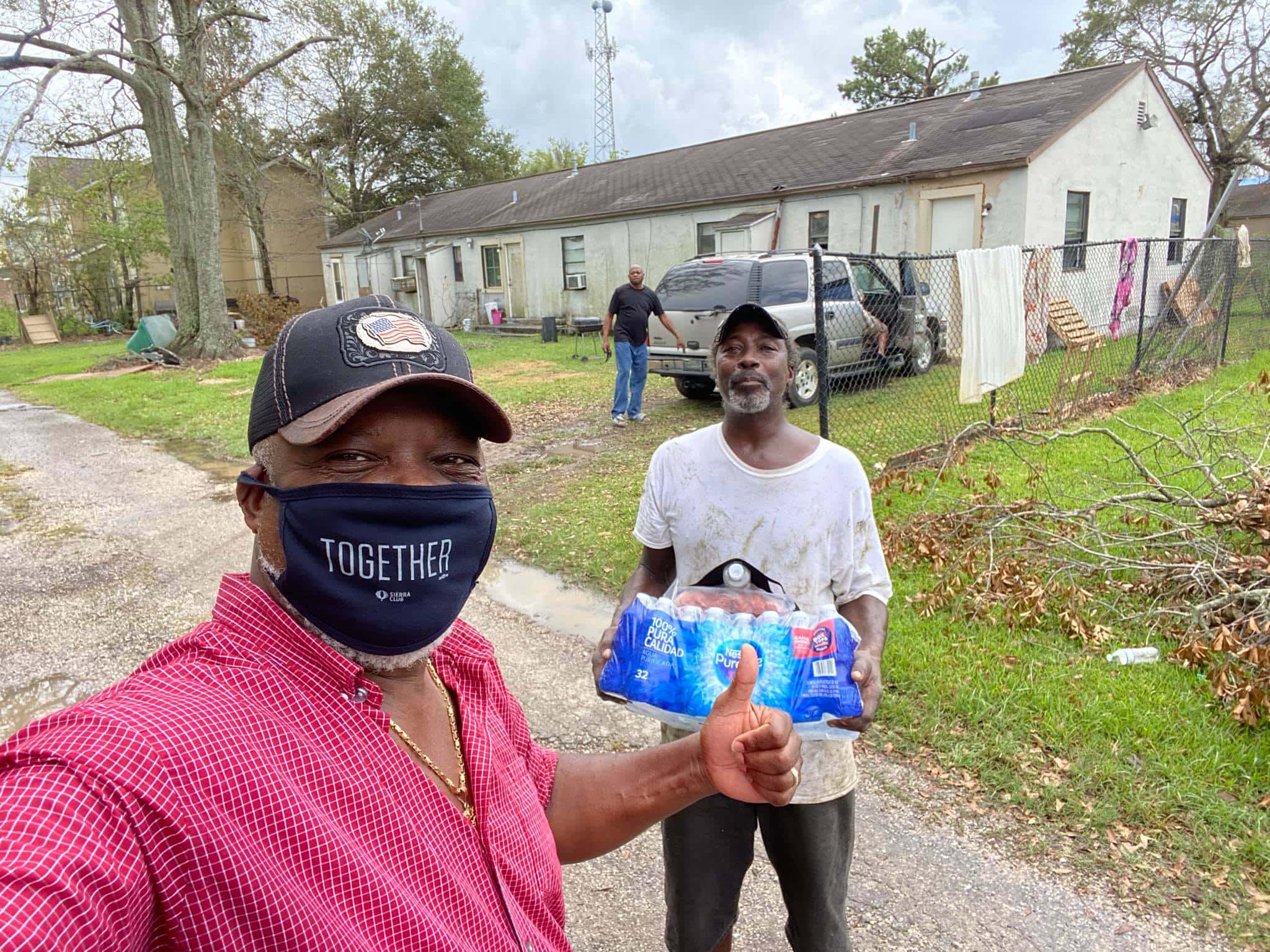
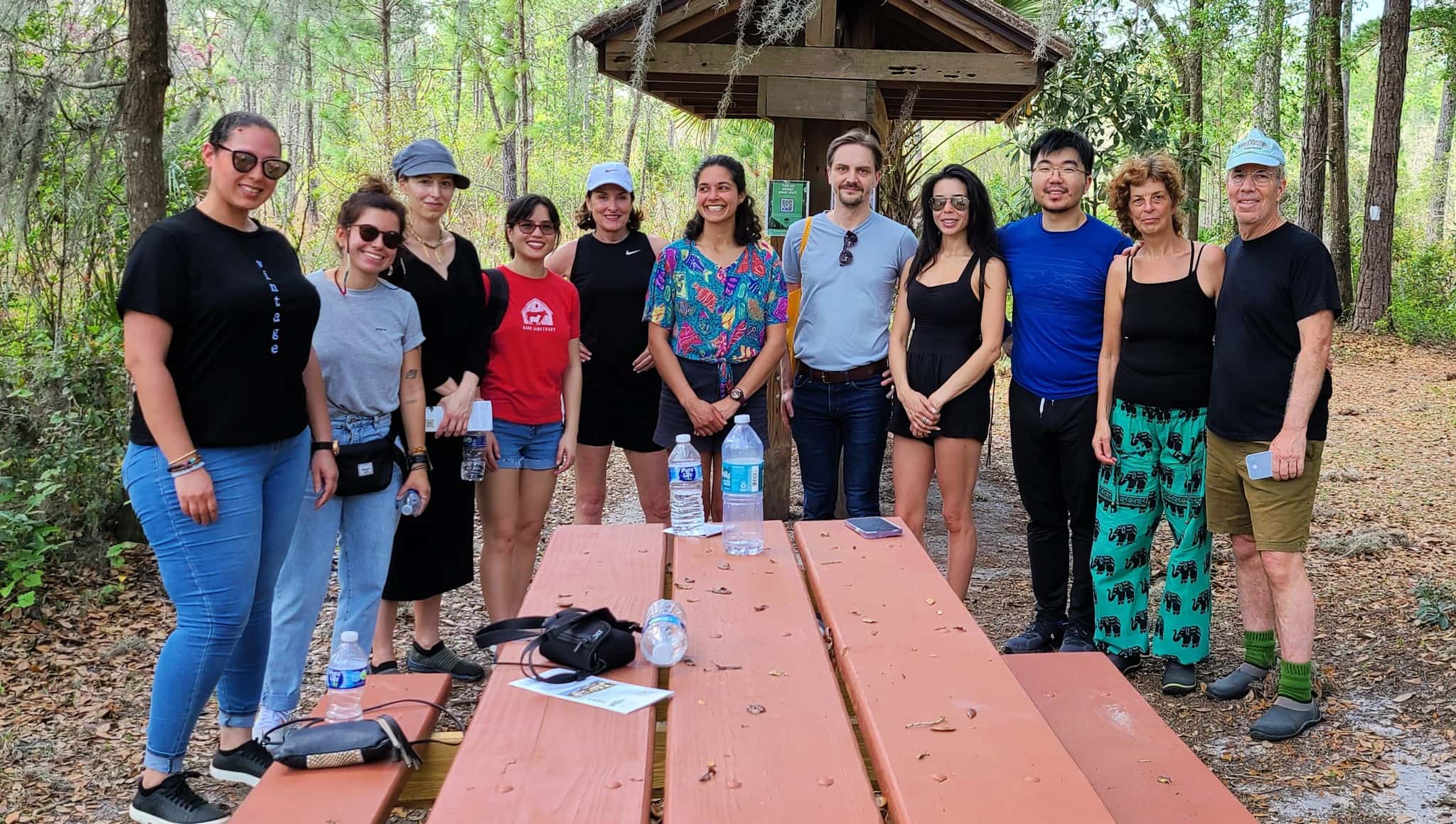
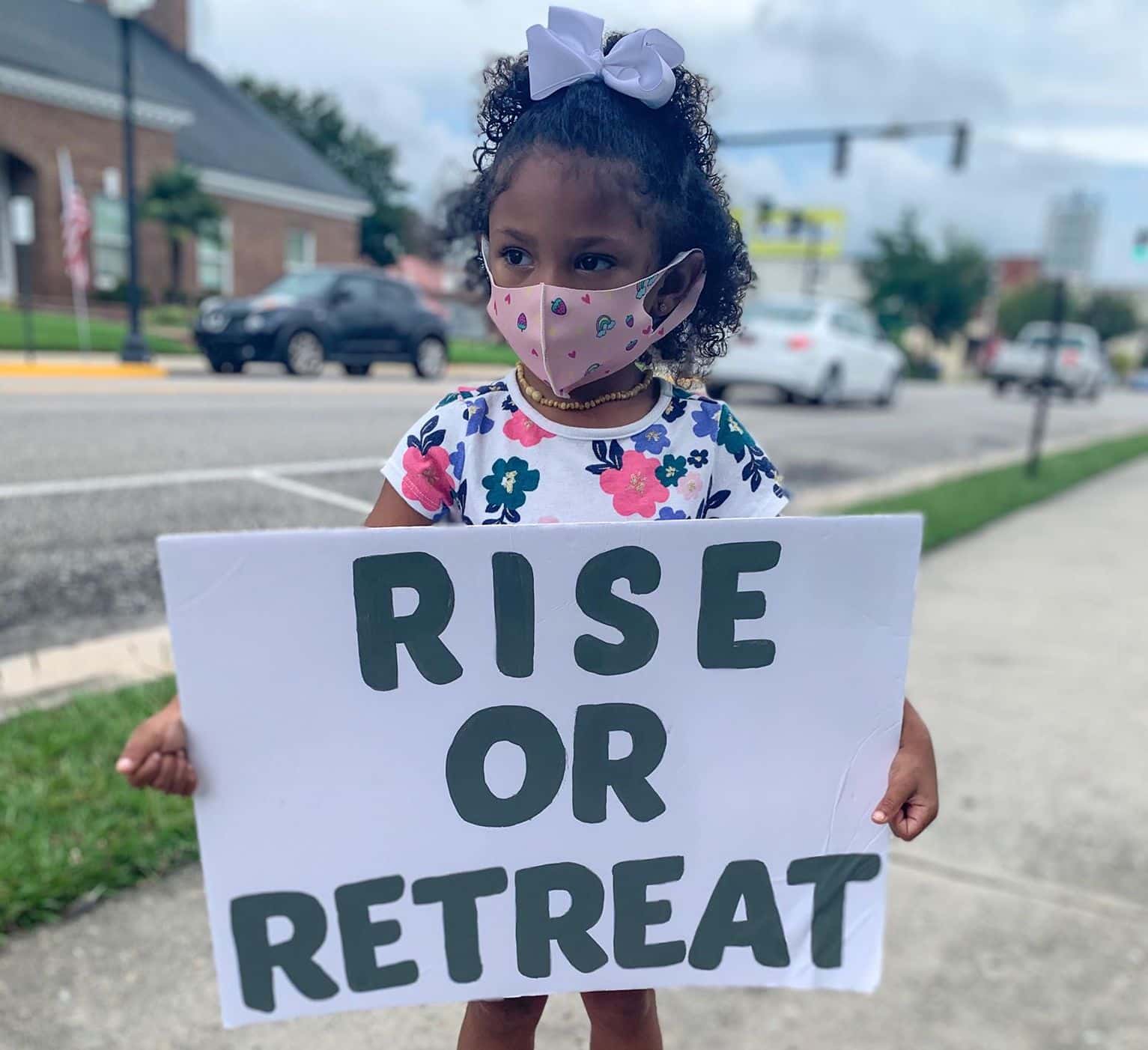
Mississippi Communities United for Prosperity
Montgomery, MS
In 2021, Climate Nexus launched an Energy Equity Regranting Project to help resource organizations, tribes, and community leaders on the frontlines of climate change and the impactful work they are doing to fight the gas industry. The energy equity transition grants prioritize grassroots groups with an annual budget of $1 million or less to boost their efforts in racially, ethnically, gender, and culturally diverse communities across the United States and at the intersections of public health and energy justice.
In our first year running the program, nine organizations received grants ranging from $20,000 to $40,000, including the Mississippi Communities United for Prosperity, whose work is detailed below.
Overview
The town of Duck Hill, Mississippi, where more than 60% of the population is Black owns its methane gas pipeline. Atmos Energy is pressuring the town to sell the pipeline as part of the company’s expansion plans. The Board of Aldermen unanimously voted against the sale, but Duck Hill’s State Senator and Public Service Commissioner threatened the town with eminent domain. The gas pipeline accounts for 65% of the town’s general revenue. Duck Hill supplies natural gas to adjacent towns and Camp McCain military base. The probability of the town losing its primary revenue source to Atmos Energy is high. MCUP is examining the feasibility of Duck Hill developing a solar and wind park to convert the town to 100% renewable energy and electrification.
Activities
Climate change and associated extreme events will increase the inequities in Duck Hill, Mississippi, unless planning efforts increase its climate preparedness. By engaging community members in a vulnerability assessment and climate adaptation strategy planning process, MCUP helped residents develop a strategy to demand the protection and services to thrive as a community. MCUP’s Achieving Sustainability through Education and Economic Development Solutions (ASEEDS) project engaged with Duck Hill residents and surrounding areas to develop a Climate Action Plan. The results of this report were derived through a series of workshops, individual conversations, and surveys.
The Climate Action Plan was developed through a community participatory process, community visioning, and listening sessions to address climate change and develop resilience-based solutions. Participants conducted a climate vulnerability assessment of Duck Hills’ critical assets and resources and developed solutions and adaptation strategies to those vulnerabilities.
Lessons Learned
COVID-19 taught MCUP a lot. They learned how critical it is for their communities to become adaptable and resilient to climate change and pandemics. MCUP felt they were totally unequipped. “If the nation was unequipped, you can imagine how devastating it was for these small rural communities that we work in,” said Romona Williams, Executive Director of MCUP. As a result, the organization is starting to focus on getting resiliency plans and disaster preparedness plans in place in every community they work in.
Future and Sustainability
MCUP plans to build its organizational capacity to carry out the high-level work outlined during its strategic planning process. “We have strong partners, but partners can’t do it all,” concluded Williams. “Partners aren’t here to push things at the local level, the state level so that we will be able to move an equity and justice agenda in Mississippi.”
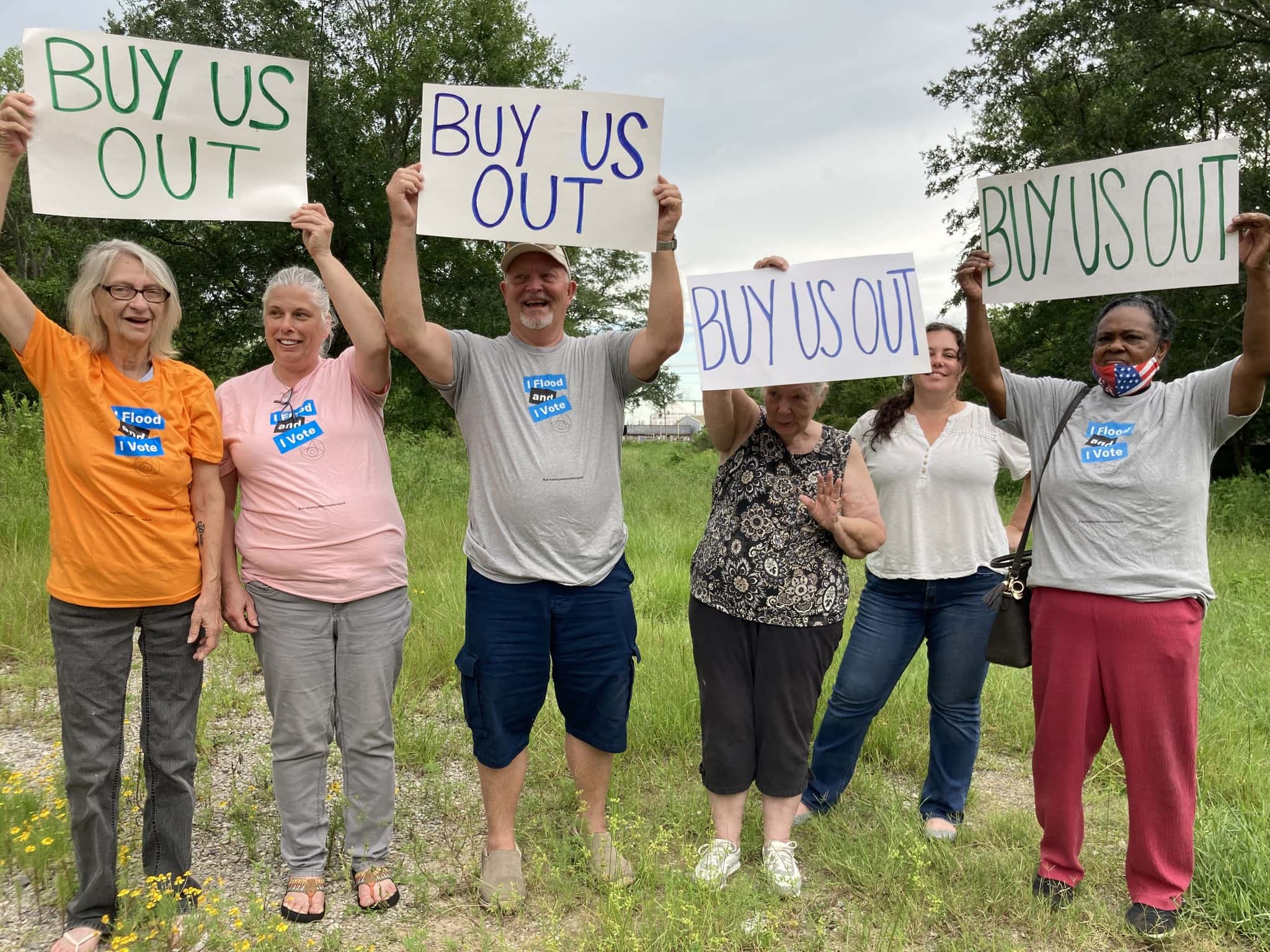



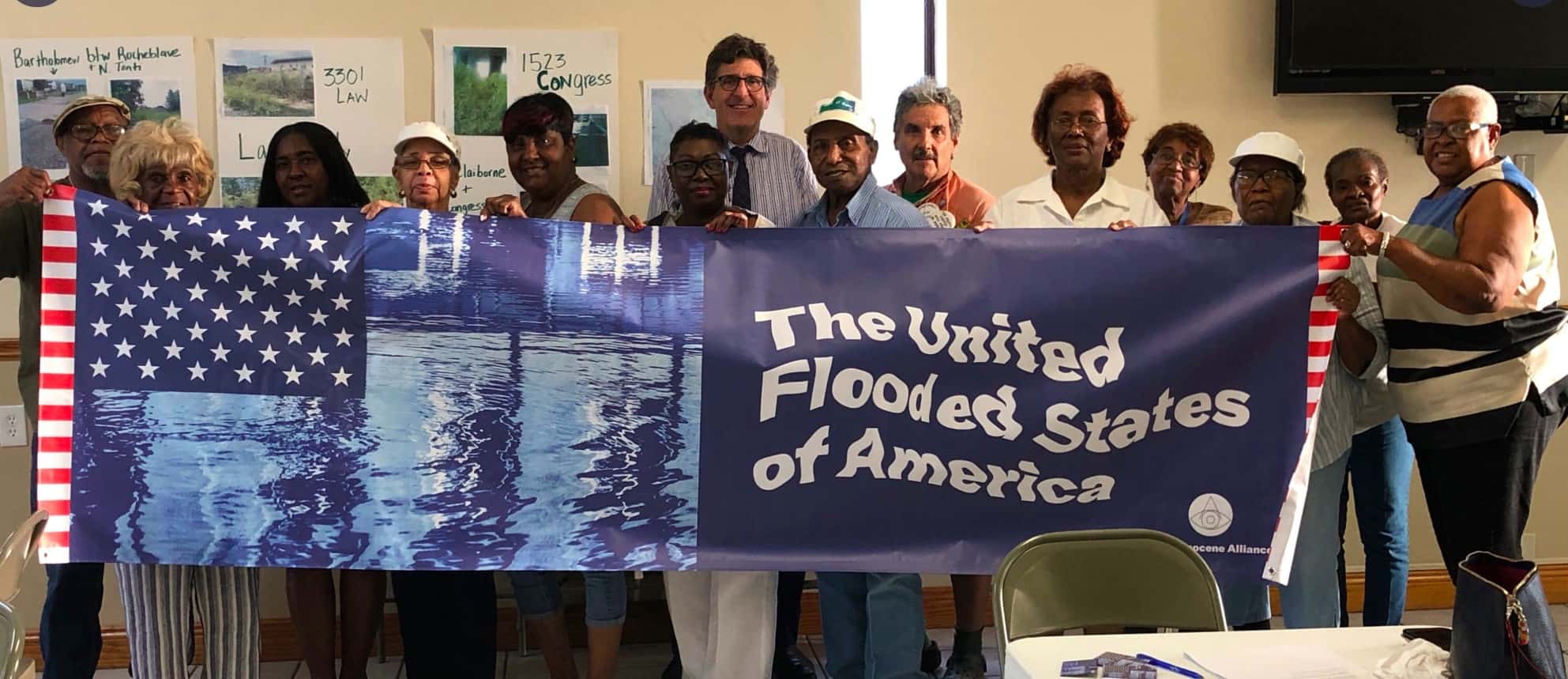



Filter Grantees by Year:
-
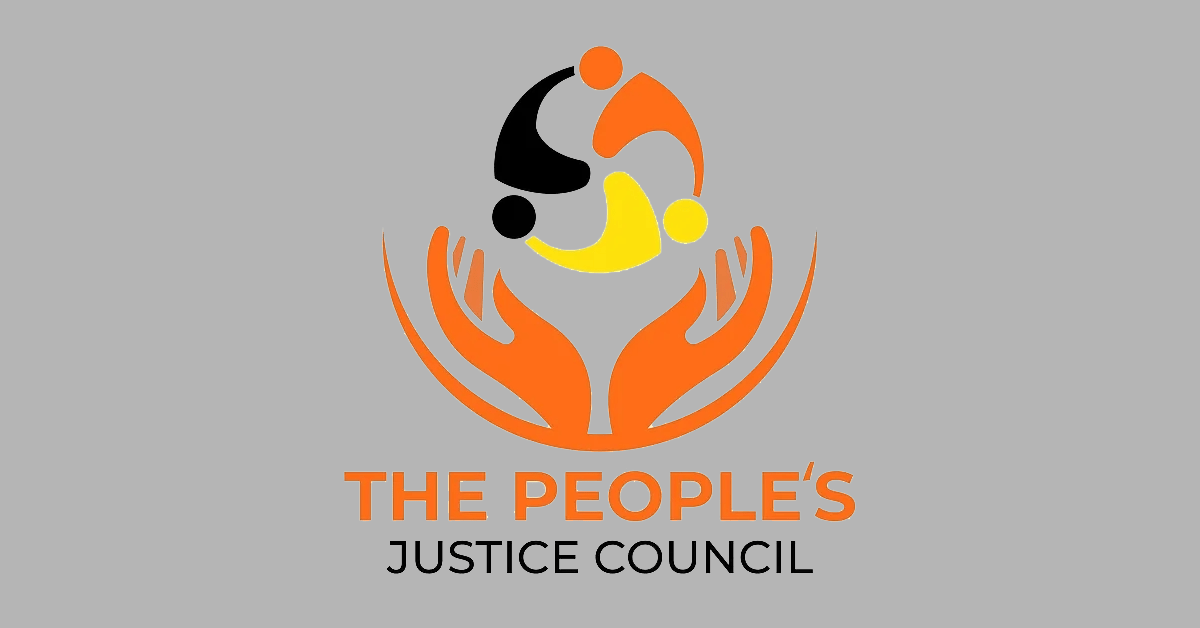
People’s Justice Council (PJC)
PJC organizes not-for-profit electric co-ops around Montgomery to avoid monopolized utility and grow constituency around energy and environmental justice.
-

Oregon Just Transition Alliance (OJTA)
Oregon Just Transition Alliance had three significant policy gains over the second half of 2022 due to strategic and tactical grassroots advocacy efforts.
-
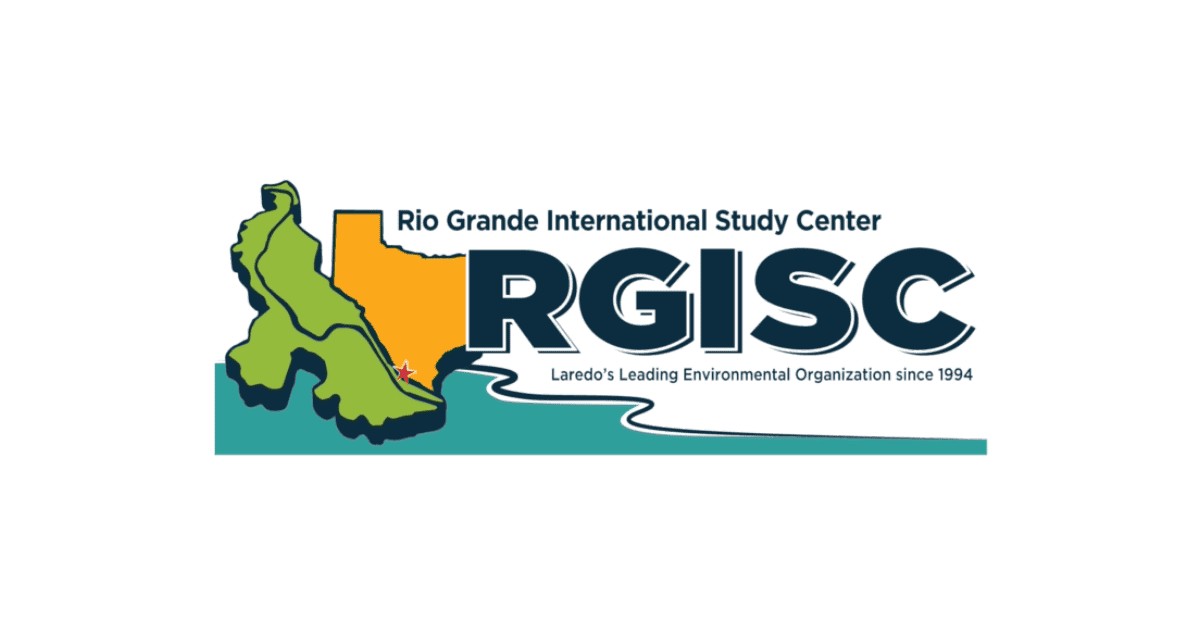
Rio Grande International Study Center
RGISC conducts independent research and community education to steward the environmental preservation and restoration of the Rio Grande Basin.
-
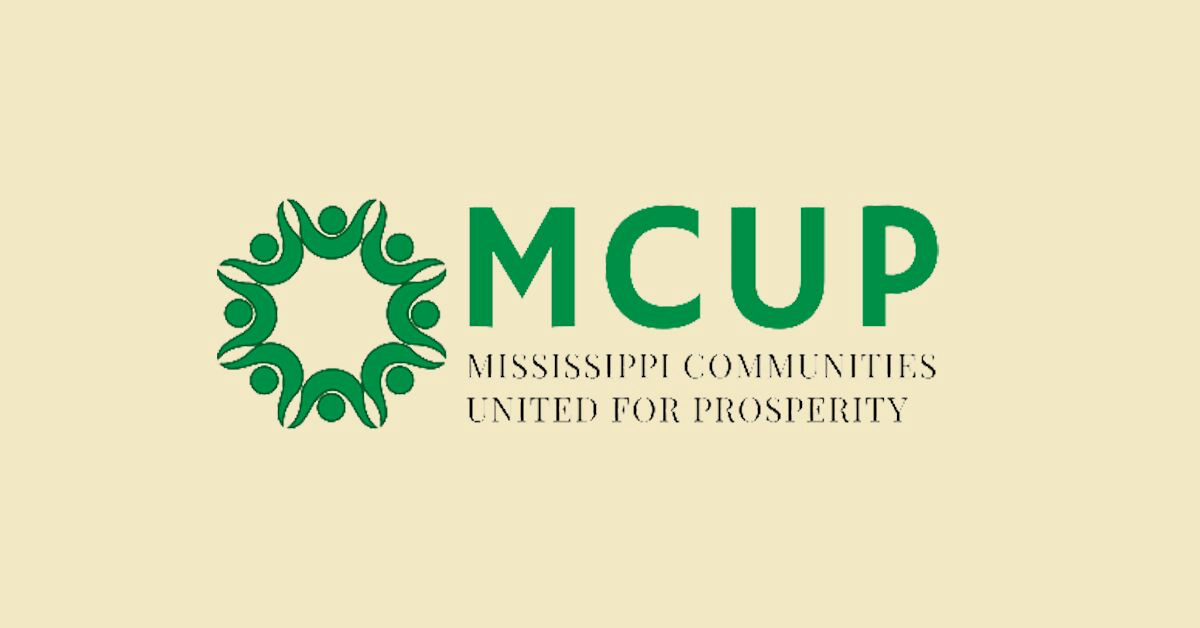
Mississippi Communities United for Prosperity
MCUP is examining the feasibility of Duck Hill developing a solar and wind park to convert the town to 100% electric and renewable energy.
-
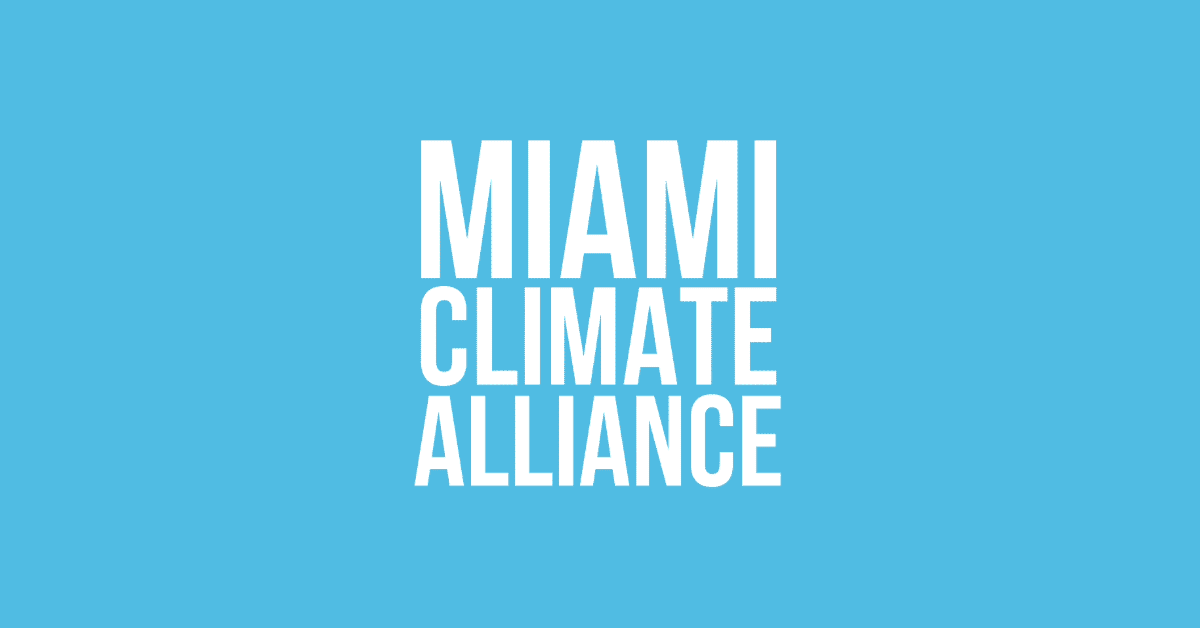
Miami Climate Alliance
The Miami Climate Alliance works across three areas: climate and health, energy justice, and advancing The Gulf South for a Green New Deal.
-
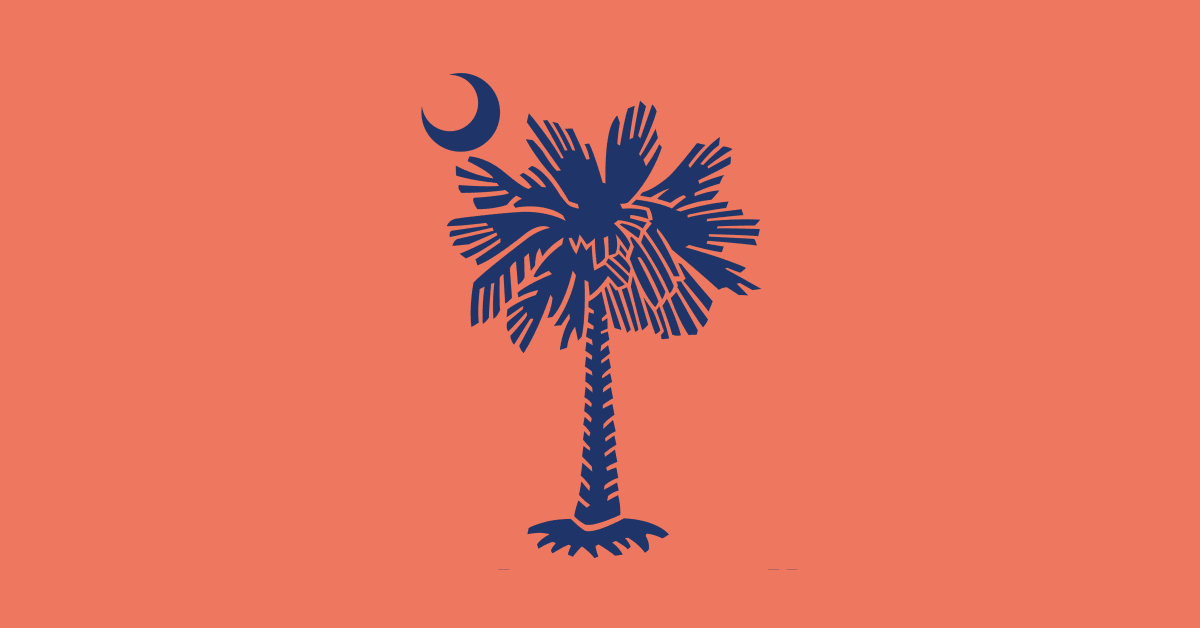
South Carolina Interfaith Power and Light
SCIPL develops programming and resources around food insecurity, high energy bills, electric vehicle infrastructure, and resilience hubs.
-
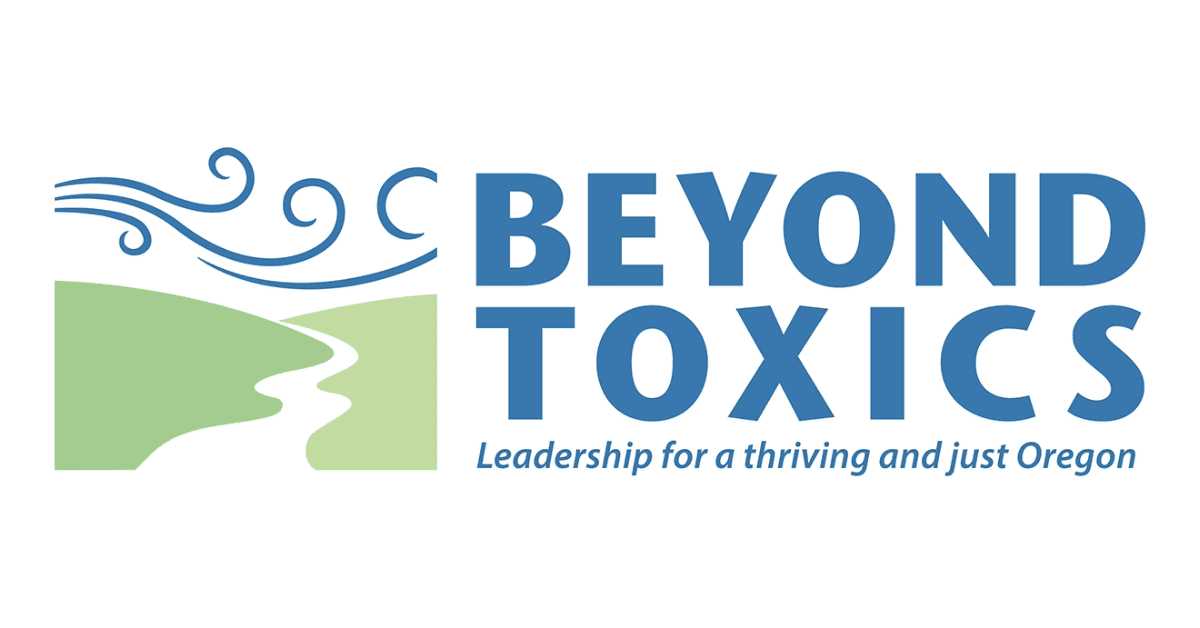
Beyond Toxics
Beyond Toxics is fighting the fracking industry, educating Lane County residents on climate and fossil fuels, and advocating for renewable energy projects.
-
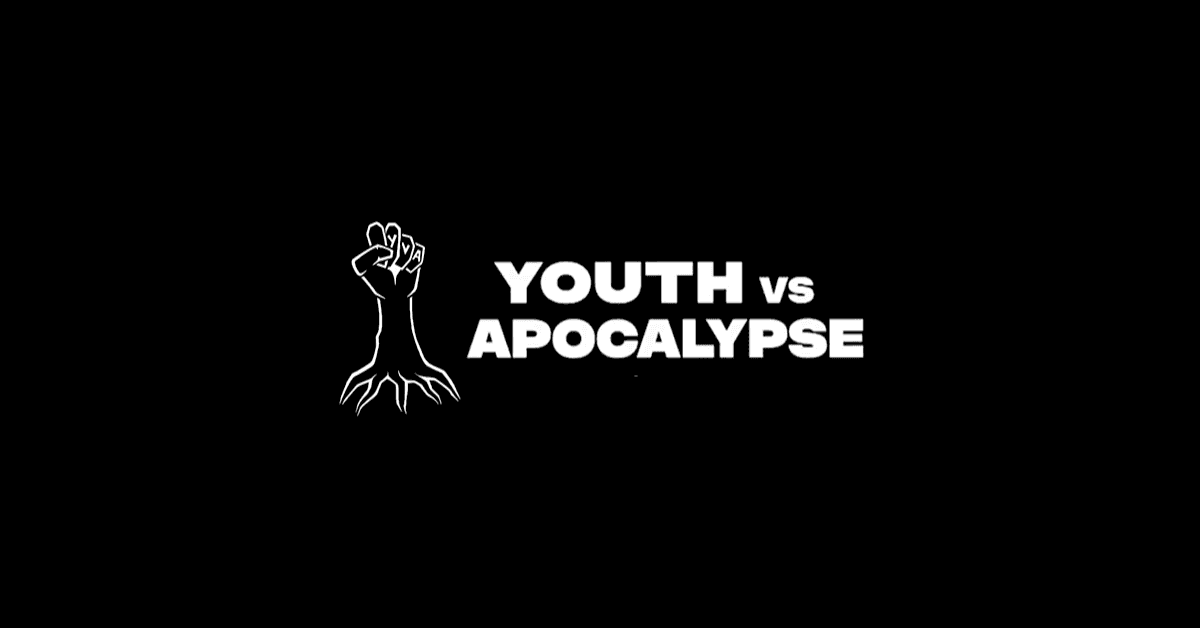
Youth vs The Apocalypse (YVA)
YVA uses Zoom to both build community and practice key leadership skills from strategic planning to giving interviews to social media strategies.
-
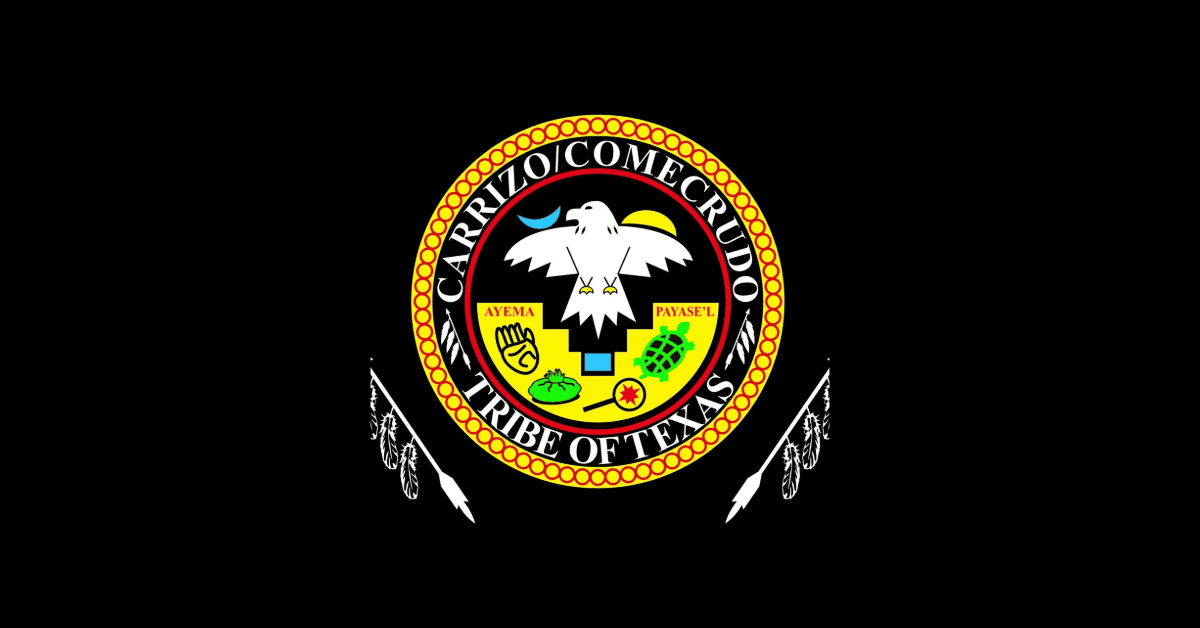
Carrizo Comecrudo Tribe of Texas
The Carrizo Comecrudo Tribe travels throughout Texas, monitoring pipelines, disposal wells, ongoing border wall construction, and fracking/flaring violations.

